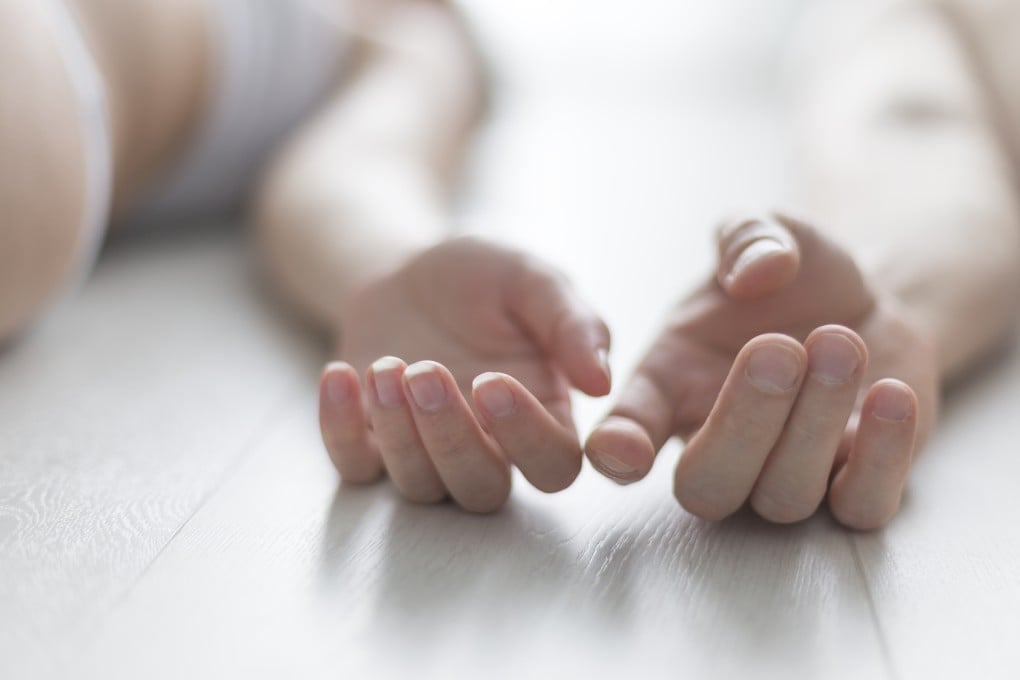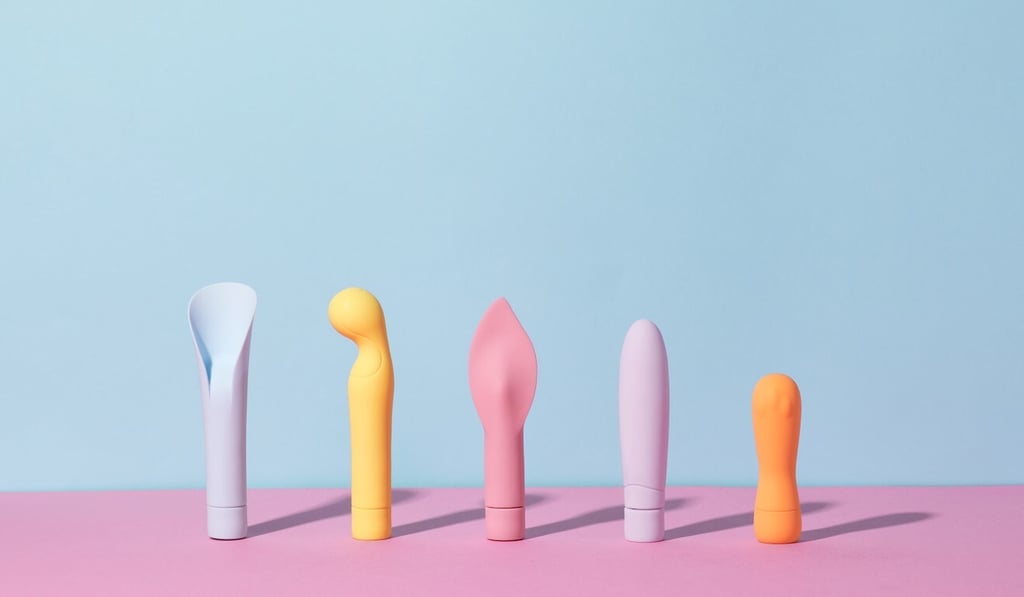Orgasm for one, please: wide ‘masturbation gap’ between men and women in Southeast Asia revealed by surveys
- Two recent surveys show that women in Southeast Asia masturbate up to four times less than men – and their sex lives are worse for it
- Experts say a lack of knowledge of how to pleasure oneself can reduce sexual satisfaction and self-confidence

In 2008, a Danish research study evaluated 500 women with chronic anorgasmia – a form of sexual dysfunction in which a person cannot reach orgasm despite “adequate stimulation”. On average, these women, aged between 18 and 88, had not had an orgasm for 12 years; one in four of the participants said that they had never experienced one.
The researchers noted: “The woman who lacks orgasm … has low self-esteem, often feels like a sexual failure, and feels sexually wrong and ashamed of herself for not being the ‘woman she was meant to be’.” Patients in the study reported having negative emotions associated with their body, genitals and sexuality.
Yet at the end of the study, 93 per cent of patients managed to have an orgasm during therapy. The psychotherapy sessions patients had surely helped – but it was undoubtedly their use of the Hitachi Magic Wand vibrator that brought success. Following their euphoric discovery, participants reported benefits including “increased desire, quality of life and higher self-esteem”.
More than a decade has passed since the study was published in The Scientific World Journal, but the titillating findings have had little impact: orgasms remain elusively out of reach for some women – at least according to two new surveys.

According to adult-toy maker Womanizer, Singapore holds the dubious honour of being the country with the highest masturbation gap in the world: Singaporean women masturbate up to 79 per cent less than men – almost four times less often. Hong Kong follows closely behind with a gap of 66 per cent. And that’s not to mention the quality, or otherwise, of the orgasms that these women have through masturbation.